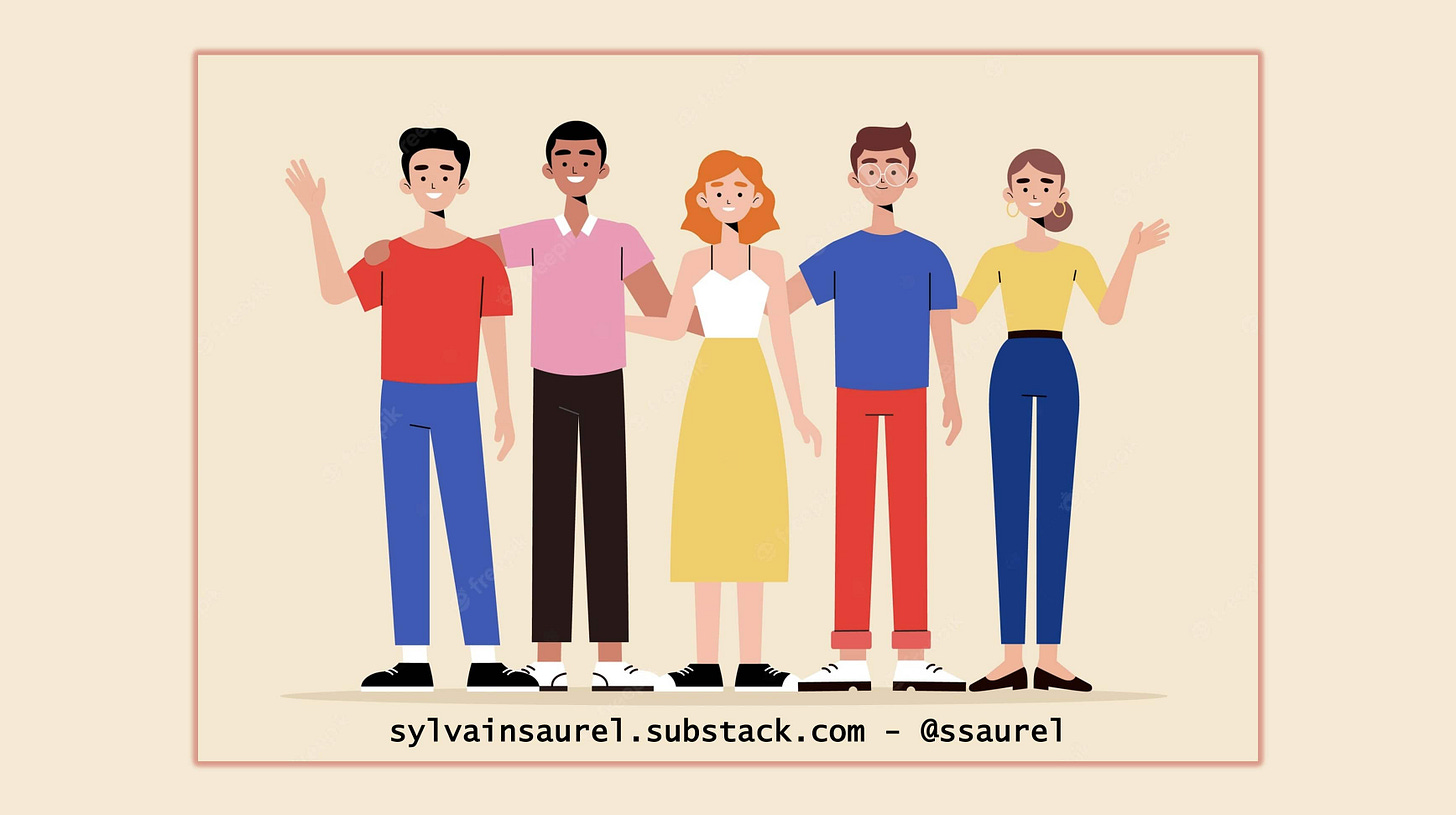Sobriety Cannot Be a Project of Society. The Voracity of Economy of the Life Must Be.
Let's eliminate what needs to be eliminated, and be voracious about what needs to be kept.
Since the beginning of time, those who run states, churches, armies, and companies, have tried to choose a word that could serve as a simple watchword, to train their followers, their soldiers, their subjects, and their employees. They have spoken of salvation, homeland, profit, purchasing power, employment, and growth.
More recently, we have started to …
Keep reading with a 7-day free trial
Subscribe to Sylvain Saurel’s Newsletter to keep reading this post and get 7 days of free access to the full post archives.


